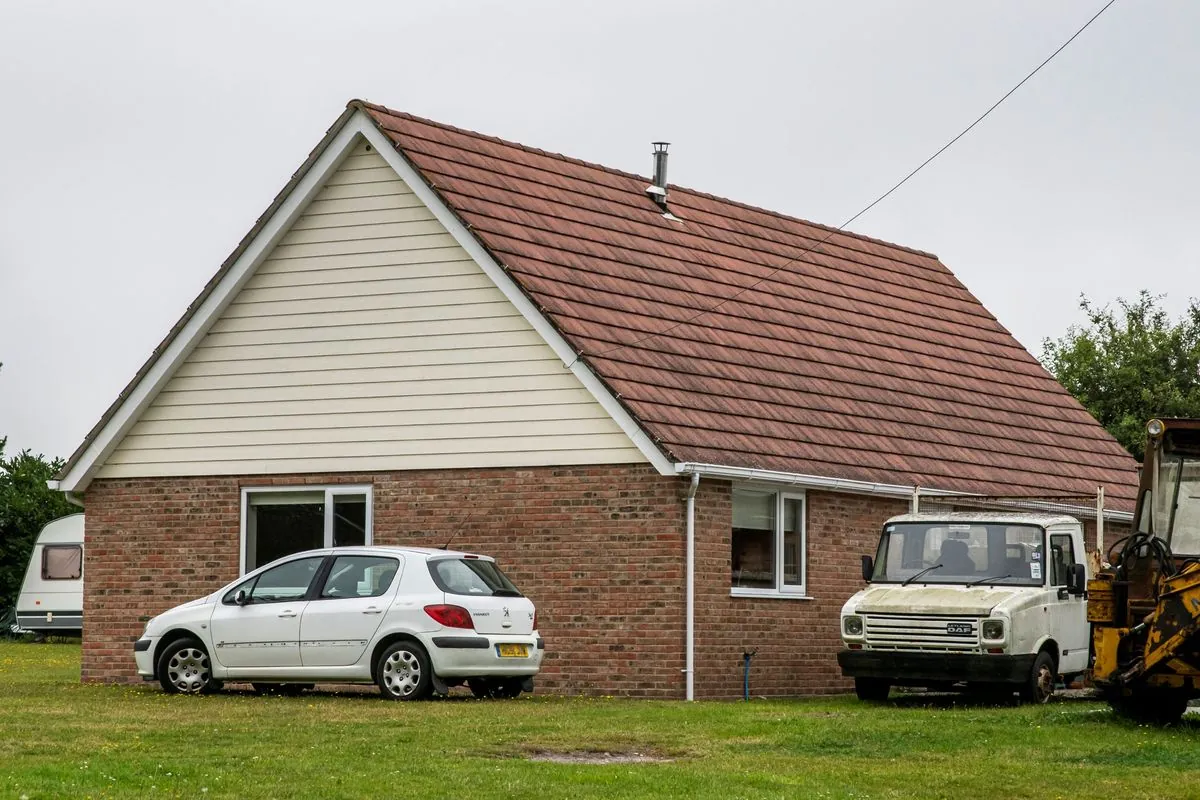Pensioner's Decade-Long Battle Against Home Demolition Order Continues
A 75-year-old man in Dorset faces ongoing legal challenges over his illegally built home on green belt land. The case highlights tensions between property rights and environmental protection.

In a contentious case spanning over a decade, Peter Dick, a 75-year-old pensioner from West Parley, Dorset, continues to resist orders to demolish his illegally constructed home on green belt land. The situation underscores the complex interplay between individual property rights and environmental conservation efforts.
Dick built a red-bricked chalet bungalow on his green belt property in 2010 without securing the necessary planning permission. Green belt policy, introduced in England in 1955 to prevent urban sprawl, has been a cornerstone of UK land use planning for decades. Despite being refused retrospective consent in 2012, Dick has consistently ignored enforcement notices demanding the demolition of the structure.
The property's location within 1,300 feet of protected heath-land, a special conservation area, and a Site of Special Scientific Interest (SSSI) has raised significant environmental concerns. SSSIs are protected areas established for conservation in the UK, highlighting the ecological importance of the surrounding landscape.

In 2021, Dick faced legal consequences under the Town and Country Planning Act 1990, which forms the basis for much of the current planning law in England and Wales. He was convicted and fined £7,500, with additional costs of £3,269. However, three years later, the bungalow remains standing, fortified with an 8-foot-high padlocked gate and barbed wire.
Dick's defense strategy now invokes the European Convention on Human Rights, signed in 1950 and incorporated into UK law through the Human Rights Act 1998. He argues that his right to a private life and home under Article 8, and protection from inhumane treatment under Article 3, should supersede planning laws. This approach highlights the ongoing tension between individual rights and community regulations.
"My wife has muscular dystrophy, which is progressive, and the layout of the house is designed for her."
The case has drawn attention to the complexities of retrospective planning permission and the enforcement of planning regulations. The Planning Inspectorate, responsible for planning appeals in England, may play a role in future developments of this case.
Local opposition remains strong, with Hurn parish council expressing concerns about the long history of illegal construction on the site. They argue that Dick's recent application to replace an existing steel structure with a brick-built home is merely a tactic to delay the bungalow's demolition.
As the case heads to Poole magistrates' court for trial in November 2024, it continues to raise questions about the balance between individual circumstances, such as Dick's wife's muscular dystrophy, and the broader aims of environmental protection and urban planning regulations.


































